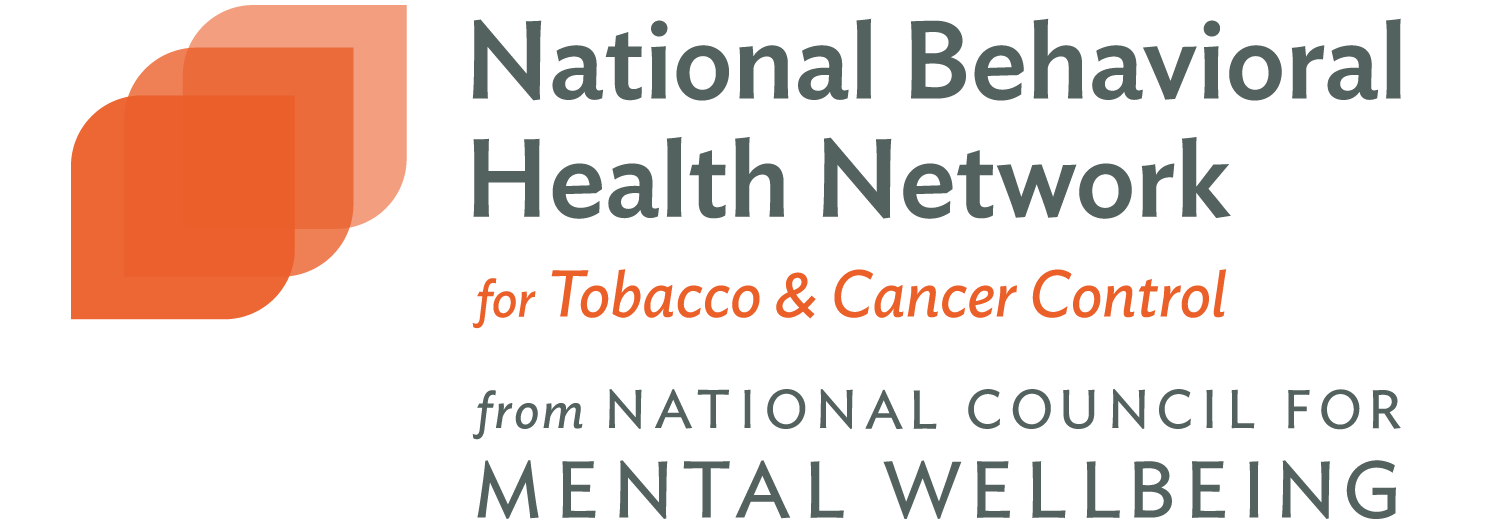Transformative Strategies for Person-centered Care: Bridging Tobacco-related Disparities for Justice-involved Individuals
Original Air Date: July 30th, 2024
The use of commercial tobacco is disproportionately concentrated among systematically marginalized groups, including people with a history of criminal justice involvement. Studies show that 60% to 80% of people incarcerated in U.S. prisons smoke, compared to 15% of non-incarcerated adults. However, few jails and prisons offer behavioral health counseling along with the recommended tobacco treatment. Justice-involved individuals also often experience challenges with long-term recovery from tobacco use after re-entry from carceral settings. Gaps in policies, lack of access to care and stigma around justice involvement pose barriers for people seeking necessary smoking cessation supports.
Join the National Behavioral Health Network on Tuesday, July 30, 3-5 p.m. ET, for a masterclass on addressing tobacco-related disparities that exist in carceral settings, as well as practical steps agencies can take to support policy and treatment work
By attending this masterclass, participants will:
- Increase their understanding of how tobacco-related disparities intersect with the mental health and substance use challenges justice-involved individuals face.
- Explore policy levers that can expand access to evidence-based approaches for tobacco control and treatment within carceral settings.
- Identify practical steps for engaging justice-involved individuals in tobacco cessation.
This Masterclass will feature the following speakers:
- Olga Bakun, DPT, MPH, National Specialist, Health Policy, American Lung Association
- Chad Morris, PhD, Professor of Psychiatry and Director of the Behavioral Health and Wellness Program, University of Colorado, Anschutz Medical Campus
This event was brought to you by the National Behavioral Health Network for Tobacco and Cancer Control:
Resources:

